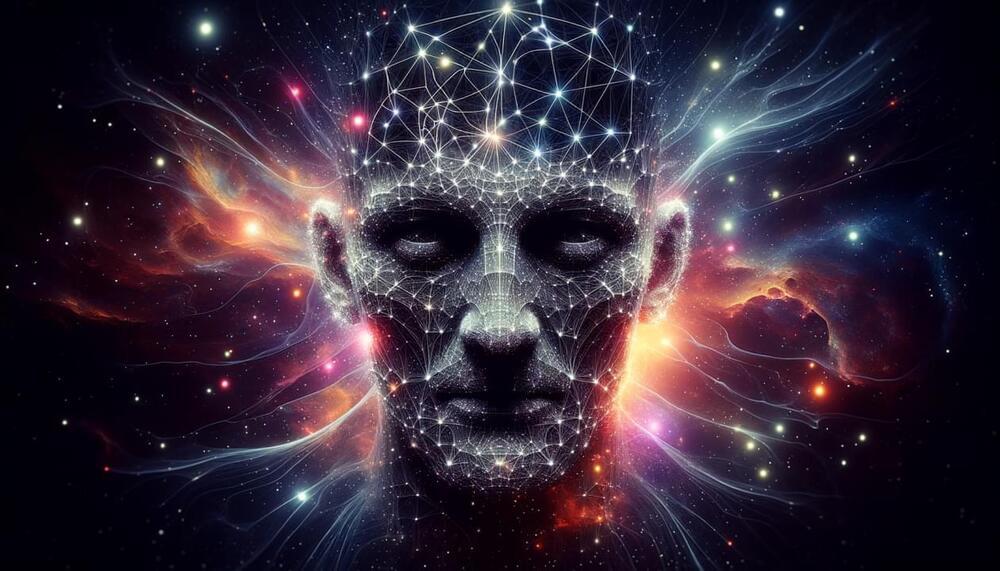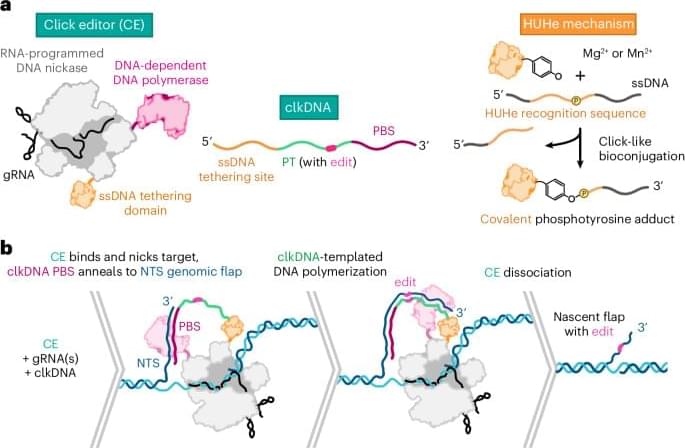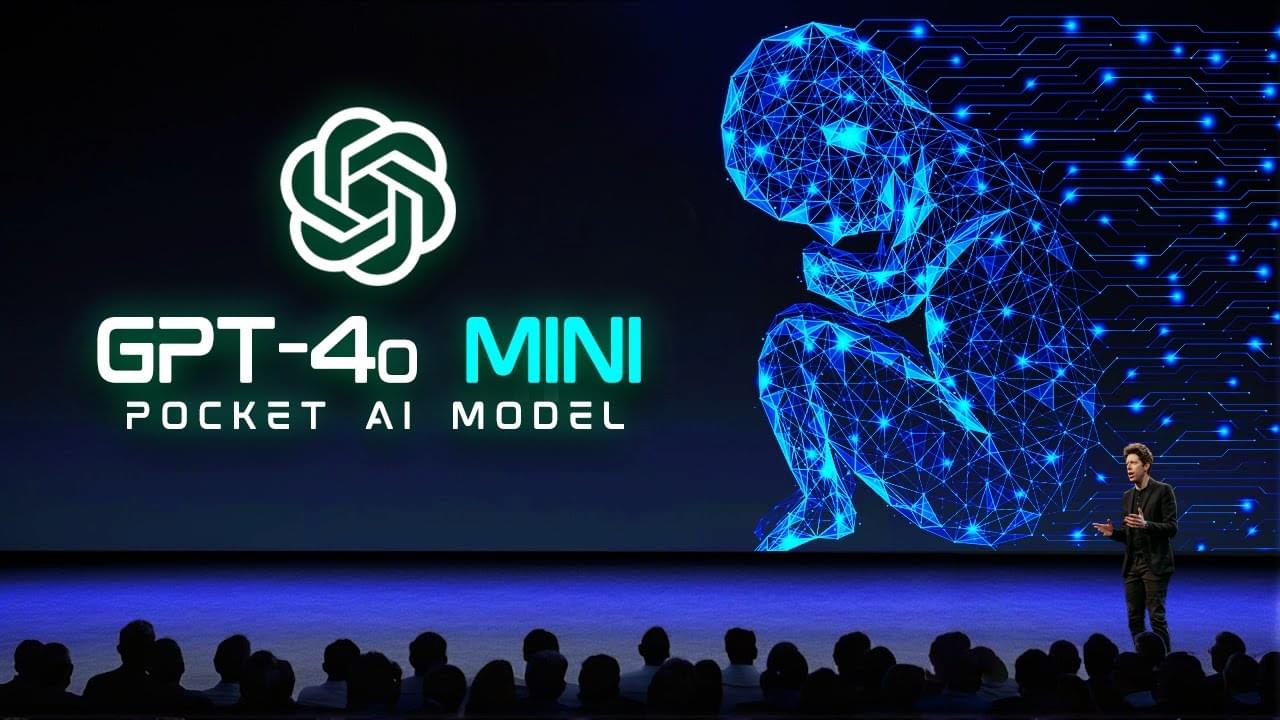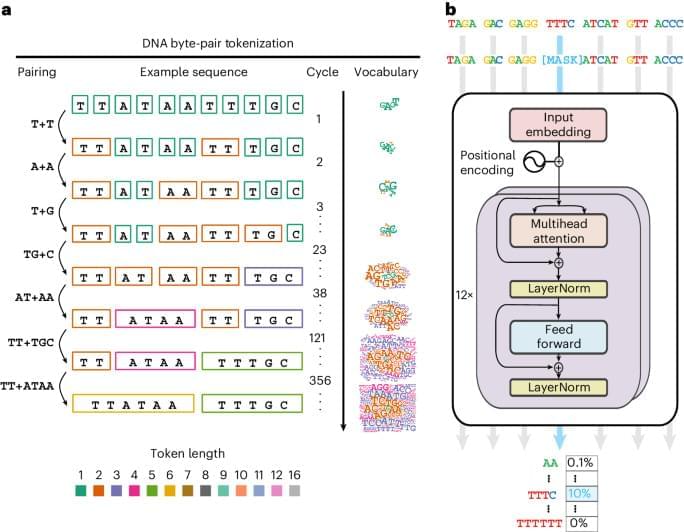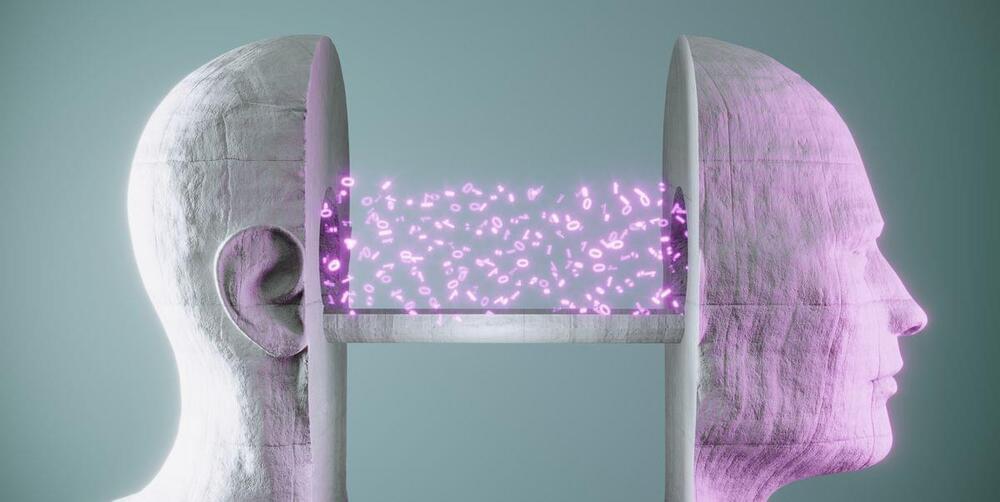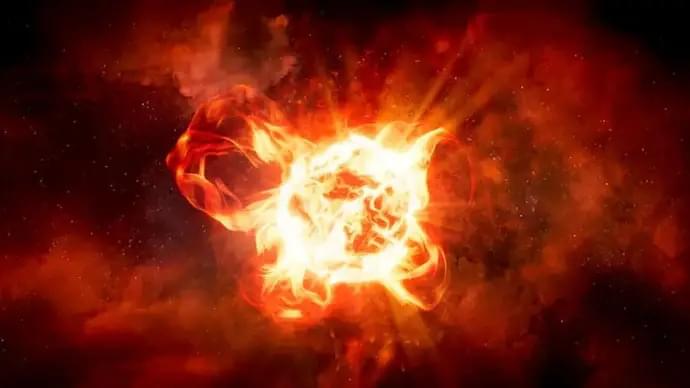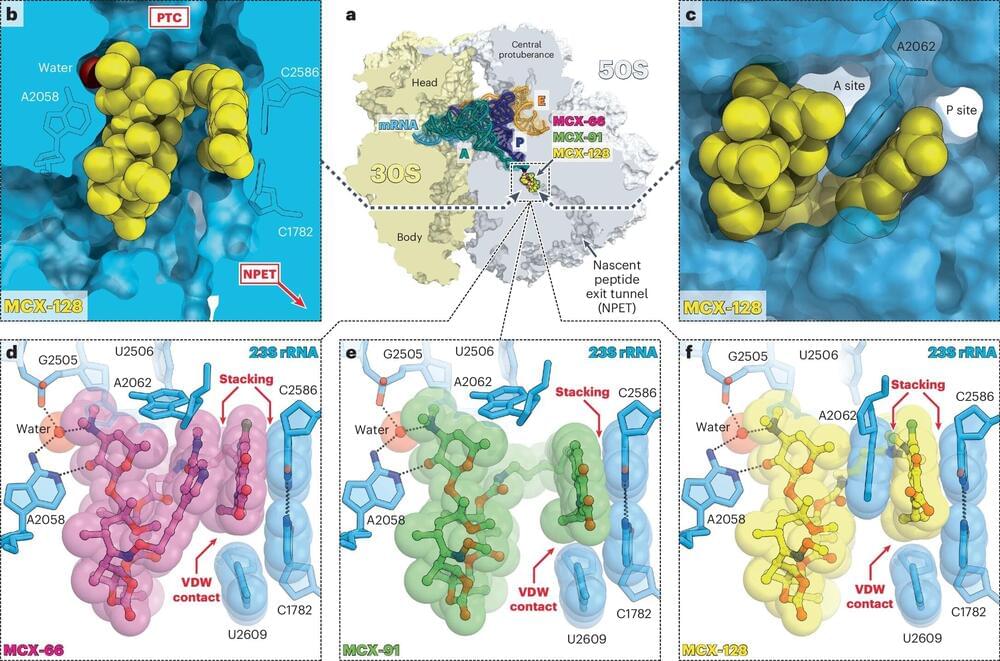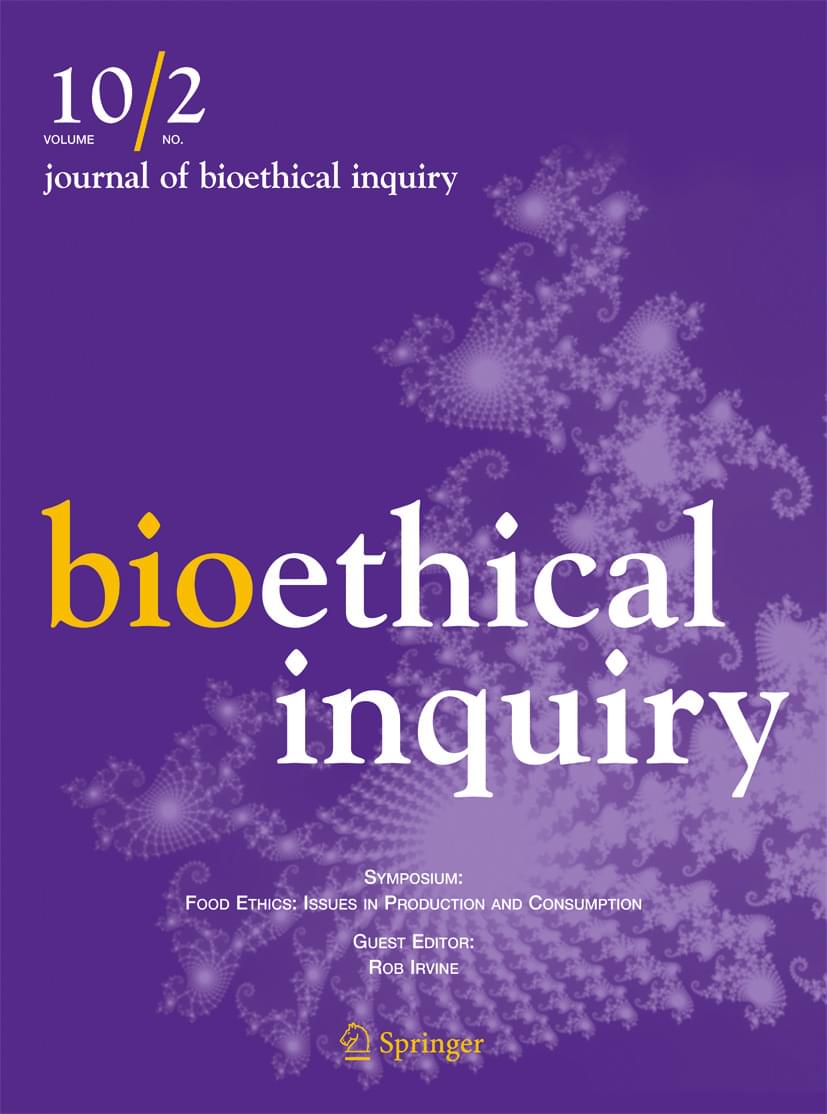
One of the most debated ethical concerns regarding brain organoids is the possibility that they will become conscious (de Jongh et al. 2022). Currently, many researchers believe that human brain organoids will not become conscious in the near future (International Society for Stem Cell Research 2021). However, several consciousness theories suggest that even existing human brain organoids could be conscious (Niikawa et al. 2022). Further, the feasibility depends on the definition of “consciousness.” For the sake of argument, we assume that human brain organoids can be conscious in principle and examine the legal implications of three types of “consciousness” in the order in which they could be easiest to realize. The first is a non–valenced experience—a mere sensory experience without positive or negative evaluations. The second is a valenced experience or sentience— an experience with evaluations such as pain and pleasure. The third is a more developed cognitive capacity. We assume that if any consciousness makes an entity a subject of (more complex) welfare, it may need to be legally (further) protected.
As a primitive form of consciousness, a non–valenced experience will, if possible, be realized earlier by human brain organoids than other forms of consciousness. However, the legal implications remain unclear. Suppose welfare consists solely of a good or bad experience. In that case, human brain organoids with a non–valenced experience have nothing to protect because they cannot have good or bad experiences. However, some argue that non–valenced experiences hold moral significance even without contributing to welfare. In addition, welfare may not be limited to experience as it has recently been adopted in animal ethics (Beauchamp and DeGrazia 2020). Adopting this perspective, even if human brain organoids possess only non–valenced experiences—or lack consciousness altogether—their basic sensory or motor capacities (Kataoka and Sawai 2023) or the possession of living or non-living bodies to utilize these capacities (Shepherd 2023), may warrant protection.
